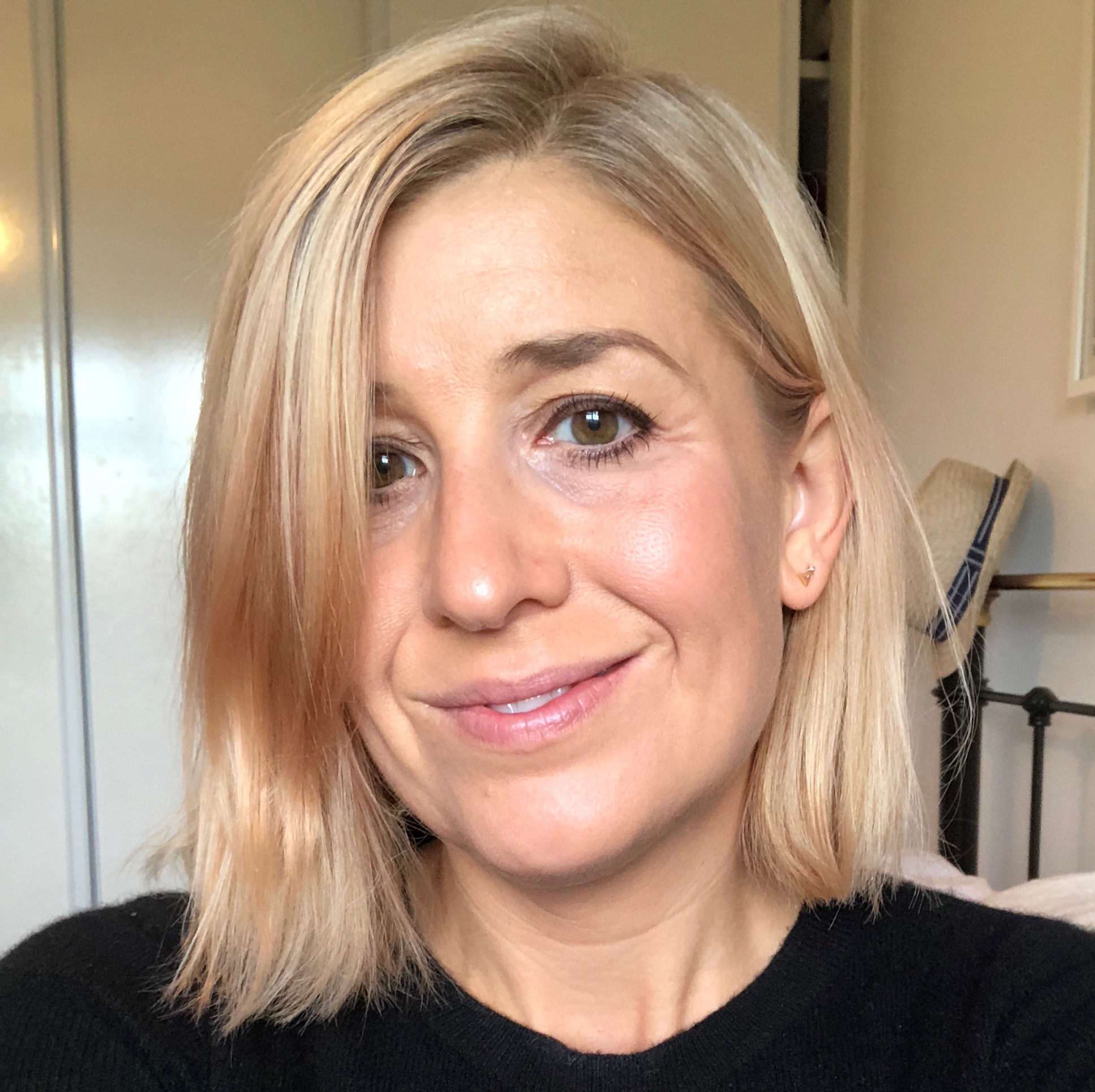My friends snigger at my diary but I don’t care. Who even buys a paper diary any more? they tease.
I do. I’ve had one on my desk or in my handbag since I entered the workplace, two decades ago.
I love its chic, navy leather-bound cover. I love the way each page covers one week of my life, every appointment and kids’ activity neatly documented (I have a special pen to do this). If a meeting time changes, I don’t cross it out – too messy – but I stick a sliver of white label on top and rewrite the entry.
Ah, the good old days. Because six weeks ago those diary entries suddenly stopped. All future plans received the white label treatment, erased from existence.
Covid-19 tore through the UK, where I live, and the government ordered us not to leave our homes. I immediately lost 80 per cent of my work and our children were sent home from school for who knows how long. This control freak lost all control of her schedule.
This control freak lost all control of her schedule
At first I hated it. The stripping away of all the fun stuff was the hardest – the family holiday, the fancy lunch with my mum, the coffees with friends and – worst of all – the haircut. All of which are superfluous and frivolous, yes – but they’re the moments that punctuate life with joy; that give us something to anticipate, to work towards, on a wet Monday morning.
“This too shall pass,” cooed all the social media sages and of course they’re right. And I am aware of my privilege: I’m not working on the front line; I haven’t lost anyone; my children will be OK; and I can live on my savings until I find another job. But none of this negates the grim realisation that, for the first time ever, there is absolutely nothing on the horizon to lift the spirits.
For the first time there is absolutely nothing on the horizon to lift the spirits
As the weeks have passed, however, I’ve begun to view my empty diary differently. Feelings of loss have evolved into liberation. That’s not to be confused with being idle, no sir – home-schooling two children, clinging to the tatters of my career and running a 24-hour café (service comes with a scowl) is sure keeping me occupied.
But so many other women I speak to are currently pondering why we usually spend so much of our time running around constantly doing things that our calendars tell us we must do.
“Most of us like control and we think that plans give us control. What actually ends up happening, of course, is that too many plans restrict and hinder us,” says Charlotte Fox Weber, head of psychotherapy at The School of Life. “It’s akin to clutter in your house – do you own the stuff or does the stuff own you? Do you have plans or do the plans have you?”
We think plans give us control. What actually ends up happening is that too many plans restrict us.
My 11-year-old daughter and I have taken to walking along the river as the sun sets. We amble, chat and admire ancient trees. “Why don’t we ever do this normally?” she asks.
Good question. But on a standard weekday evening, she’s at gymnastics training while I’m stumbling off a train before heading home to around 8,000 chores and her brother’s bedtime.
It’s striking how happy (and how much less tired) my children have been during these recent weeks, despite the intense disruption to their routines and the apocalyptic visions on the TV news. The vast majority of other parents I know report the same.
Being forced to press pause may signal the end of busy-ness as a badge of honour. “Being busy has become aspirational. Within the first 30 seconds of meeting someone, you tell them how busy you are. It’s competitive,” says psychologist Tony Crabbe, author of Busy: How To Thrive In A World Of Too Much.
Being busy has become aspirational.
“People are normally running their lives at breakneck speed and don’t have the energy or perspective to step back and see if there is a different way of doing things.”
The relentless scheduling is also a convenient way of putting off pondering bigger issues. “Busy-ness can be a source of escapism from ourselves,” says Fox Weber. “Usually we are so occupied, distracted, planning, scheduling and rushing around, and we put off dealing with our inner worlds.”
Now, the experts agree, is the perfect time to coolly appraise our calendars and work out what’s really important to us.
A word of caution though. Let’s not assume this truly weird moment in time will necessarily gift us any huge revelations about how we should live our lives once the wheels start turning again – not least because we don’t know exactly what our lives will look like.
Neither vowing to maintain a serenely empty diary nor enthusiastically cramming that calendar to make up for lost time will serve us well. Going with the flow is the wisest way forward.
“Flexibility is a concept we have all had to embrace,” says Weber Fox. “And hopefully we will continue to adapt, adjust and be flexible.”
So while the time will soon come when my beloved navy diary is once again to hand, I’ll start noting my commitments in pencil rather than pen. Just in case anything changes.










No Comments